Positive effects of MIZI in calf rearing
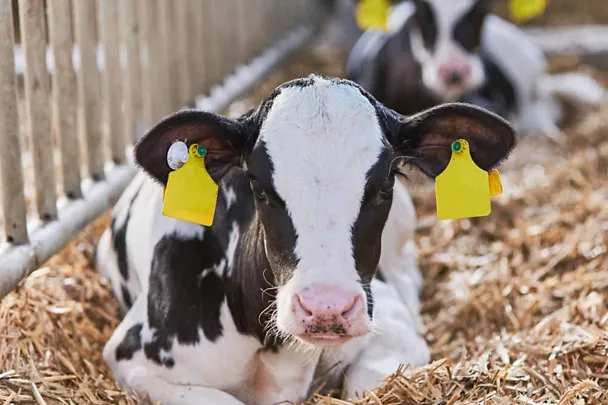


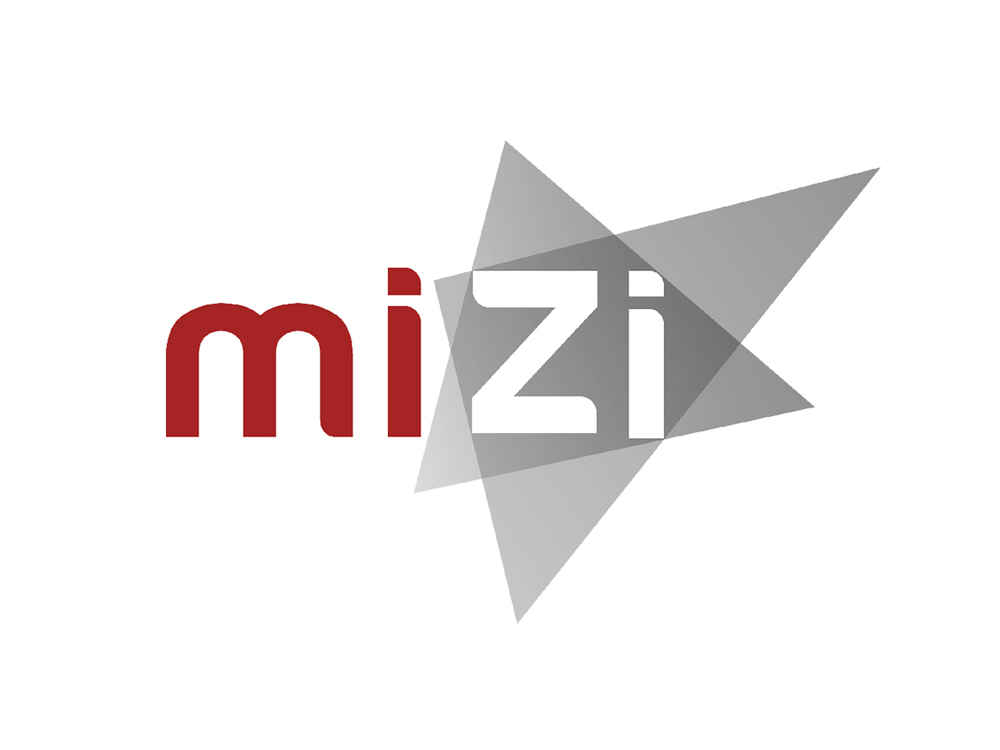
One of the most common diseases in piglets and calves is diarrhoea. The active ingredient MIZI made of micronised zinc can counteract this by inhibiting bacterial growth and preventing the attachment of E. coli to the intestinal mucosa.
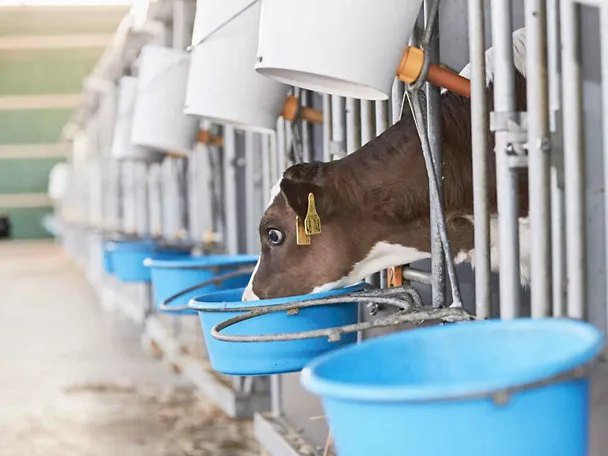
The basis for a high yield potential is laid as early as in the calf barn. The intensity of drinking intensity and rumen development are significant factors. Read why balanced rationing is crucial.
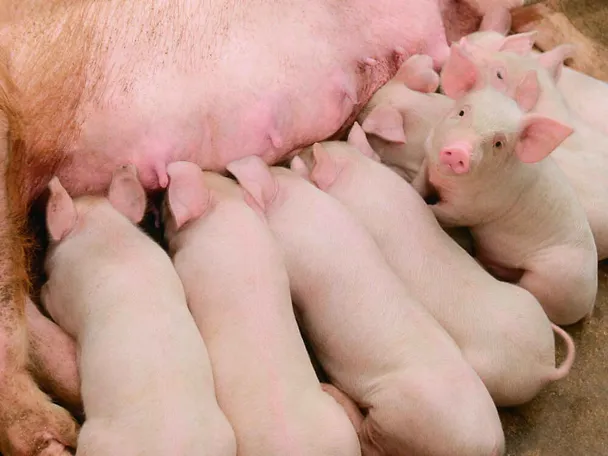
The appropriate raw fibre carriers and a digestion-friendly mixture is very important in sow feeding. The raw fibre supply plays a particularly important role for intestinal health and saturation during pregnancy.
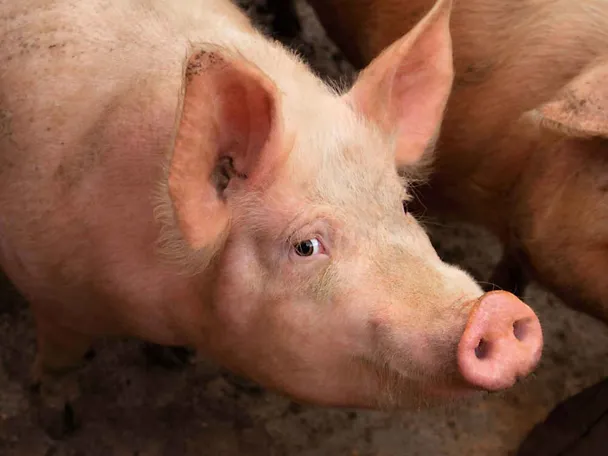
With consistent hygiene and feeding measures, the regulations of the Pigs Salmonella Ordinance can be complied with. Learn how to optimise salmonella status as a marketing and payment crit